Inspirational journeys
Follow the stories of academics and their research expeditions
Glossary of Te Reo Māori and Blockchain Terms
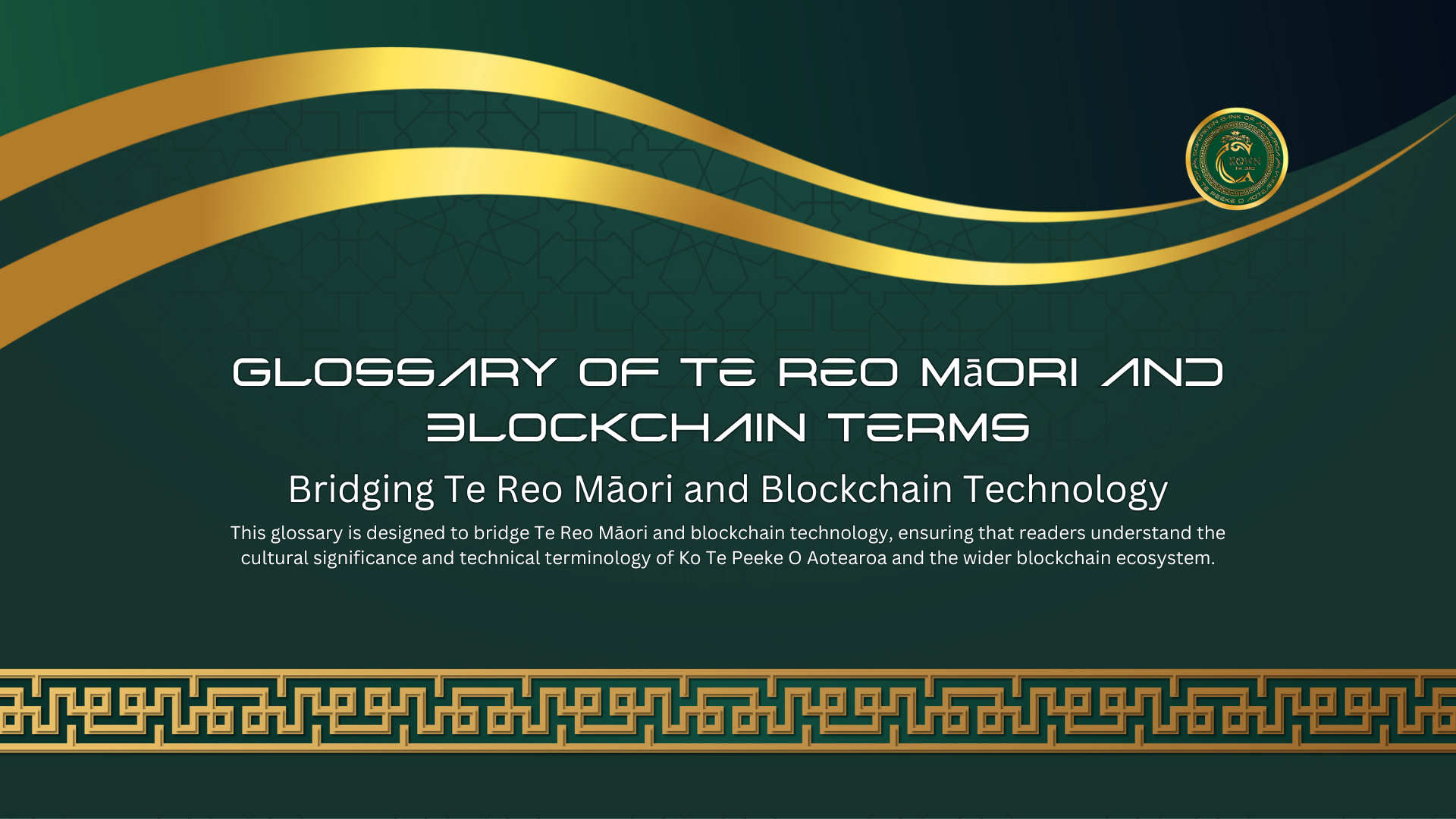
Glossary of Te Reo Māori and Blockchain Terms
This glossary is designed to bridge Te Reo Māori and blockchain technology, ensuring that readers understand the cultural significance and technical terminology of Ko Te Peeke O Aotearoa and the wider blockchain ecosystem.
Aotearoa Māori Terms Related to Blockchain
- Tikanga Māori – Traditional Māori customs, values, and principles.
- Mana Motuhake – Self-determination, autonomy, and independence.
- Whakahaere Pūtea Motuhake – Decentralized Finance (DeFi), enabling peer-to-peer financial transactions without intermediaries.
- Poraka Raraunga – Blockchain, the digital technology that allows secure and transparent recording of transactions.
- Moni Matihiko – Digital currency, also referred to as cryptocurrency.
- Mahere Atamai – Smart contracts, self-executing agreements coded on the blockchain that automatically trigger when specific conditions are met.
- Raraunga Motuhake – Data sovereignty, the principle that data is controlled and owned by the community or entity to which it pertains.
- Pūnaha Pūtea – Financial system, often referring to decentralized or blockchain-based systems.
- Whakawhitinga Pūtea – Financial transaction or exchange.
- Taonga – Treasures or valuable assets, including digital assets that can be tokenized on the blockchain.
- Whakahaere Whakawhirinaki – Trust agreements, often created through smart contracts on the blockchain.
- Utu – Reciprocity, fairness in transactions and relationships, often reflected in blockchain-based systems where profit-sharing is transparent.
- Whakaputa Moni Motuhake – Passive income, earning money from decentralized financial activities such as staking, mining, or liquidity pools.
- Tino Rangatiratanga – Absolute sovereignty or self-governance, often used to describe the autonomous nature of Ko Te Peeke O Aotearoa.
- Whakawhanaungatanga – Relationship-building, reflected in the decentralized peer-to-peer systems and networks created by blockchain.
- Manaakitanga – Hospitality and care for others, a value that informs how the blockchain community operates.
- Kaitiakitanga – Guardianship, particularly over resources or assets, which is mirrored in the principles of decentralized finance.
- Hapori – Community, specifically the blockchain community working in decentralized networks.
- Whanaketanga Whānui – Broad development, often referring to the economic development of the Māori community through blockchain and decentralized finance.
- Kāpeka – Nodes, the individual parts of the blockchain network that validate and process transactions.
Blockchain Technology Terms
- Blockchain – A decentralized digital ledger technology where transactions are recorded in blocks and linked in a chain, providing transparency and security.
- Cryptocurrency – Digital or virtual currency secured by cryptography, used as a medium of exchange within blockchain systems.
- Decentralized Finance (DeFi) – A system that allows financial transactions to be made without intermediaries like banks, relying on blockchain technology.
- Smart Contracts – Self-executing contracts where the terms are written into code on the blockchain and automatically executed when conditions are met.
- Asset Tokenization – The process of converting real-world assets (such as property or art) into digital tokens that can be traded on a blockchain.
- P2P (Peer-to-Peer) – Transactions conducted directly between two parties without intermediaries.
- Liquidity Pools – A collection of funds locked in a smart contract to facilitate trading by providing liquidity for decentralized exchanges.
- Mining – The process of validating transactions on the blockchain and securing the network, often rewarded with cryptocurrency.
- Staking – Locking up cryptocurrency in a blockchain network to help validate transactions, usually in exchange for rewards.
- Immutable – The inability to alter or modify records once they are entered into the blockchain.
- Nodes – Individual computers or servers that maintain and validate the blockchain network.
- Consensus Mechanism – The method by which a blockchain network reaches agreement on a single data value or transaction, often through mining or staking.
- Token – A digital asset on a blockchain that can represent a variety of assets or rights, such as currency, property, or voting power.
- NFT (Non-Fungible Token) – A unique, digital item stored on the blockchain that cannot be replicated, often used for art, collectibles, and digital assets.
- Wallet – A digital tool used to store, send, and receive cryptocurrency or tokens on a blockchain.
- Gas Fees – Transaction fees paid to validators on a blockchain network to perform operations, such as executing smart contracts or moving assets.
- Private Key – A cryptographic key that allows a user to access and manage their blockchain assets securely.
- Public Key – A cryptographic key that is shared publicly, used in conjunction with a private key for sending or receiving assets on the blockchain.
- Sovereign Jurisdiction – Legal or autonomous control over a specific geographic or digital space, used in blockchain contexts to assert self-governance and independent financial systems.
Terms Specific to Ko Te Peeke O Aotearoa
- Ko Te Peeke O Aotearoa – The Sovereign Bank of Aotearoa, designed as an invite-only bank leveraging blockchain for financial sovereignty.
- HEAL Marketplace – A decentralized marketplace built on the EKA blockchain where members can trade, tokenize assets, and engage in profit-sharing.
- Gold Membership – A premium membership tier within Ko Te Peeke O Aotearoa, offering benefits like cryptocurrency mining, smart contracts, and profit-sharing.
- EKA Blockchain – The decentralized ledger powering Ko Te Peeke O Aotearoa, ensuring transparency, security, and data sovereignty.
- Crown Academy – The educational arm of Ko Te Peeke O Aotearoa, providing learning on blockchain, cryptocurrency, and decentralized finance.
This glossary ensures that Te Reo Māori is woven into the modern language of blockchain, helping to create a kaupapa (framework) that reflects both Māori cultural principles and the cutting-edge technology of decentralized finance.
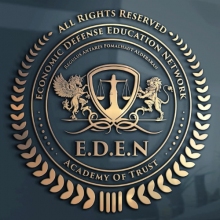
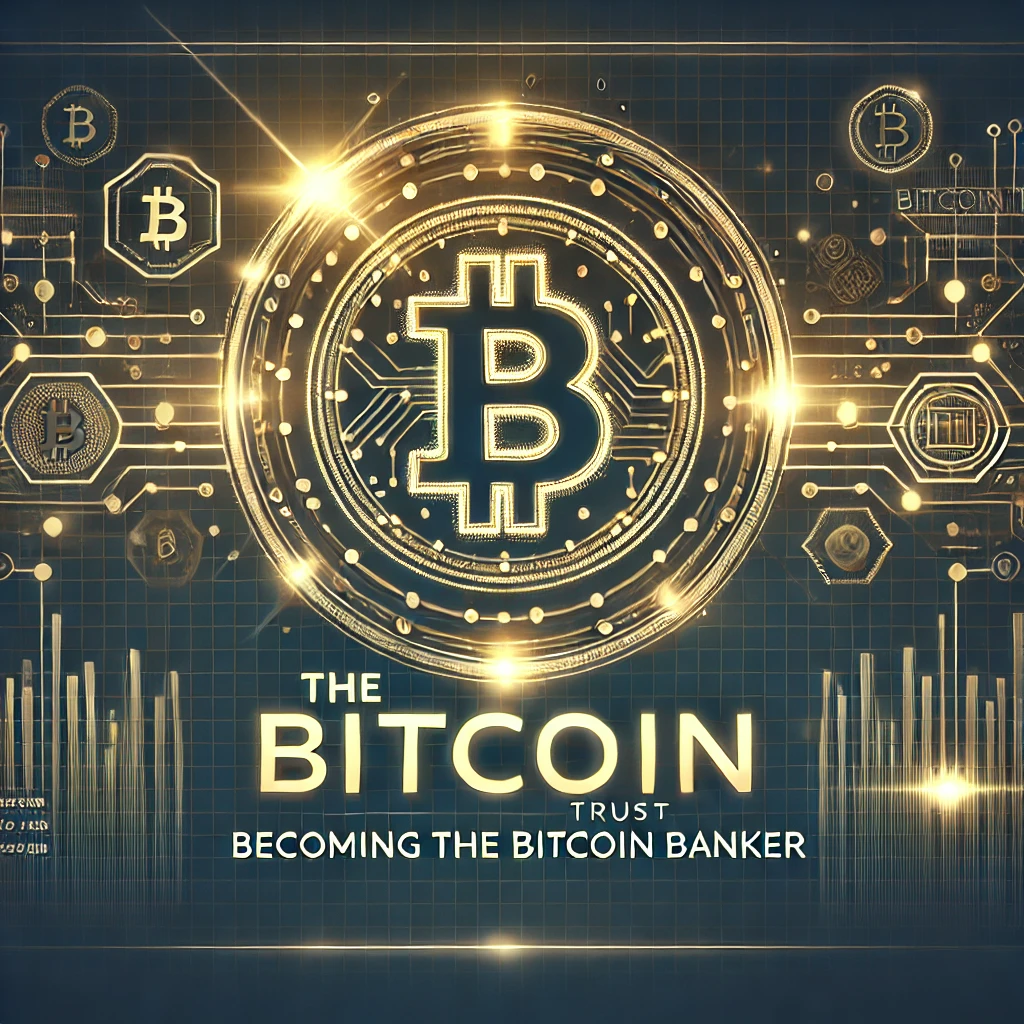
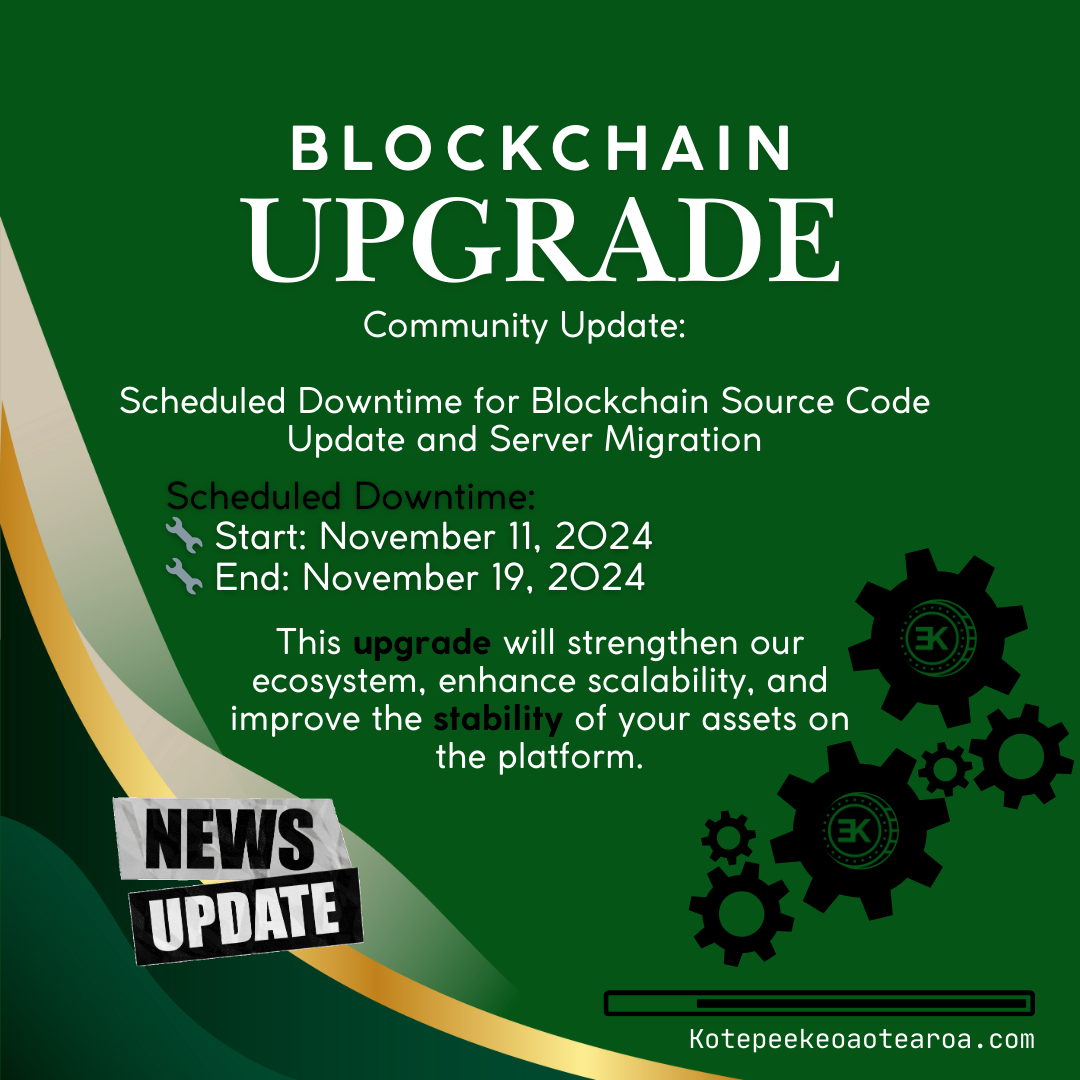
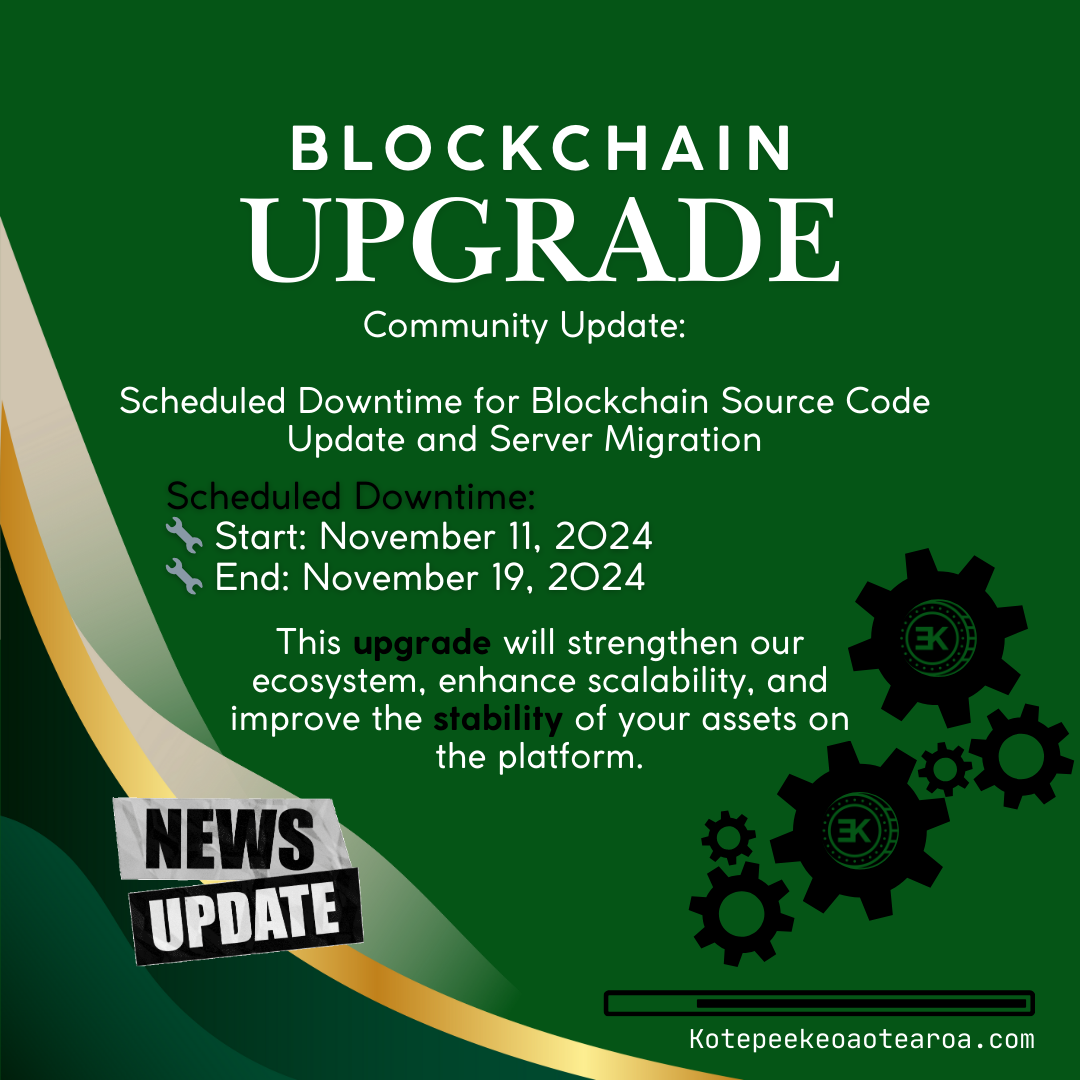

Leave a comment